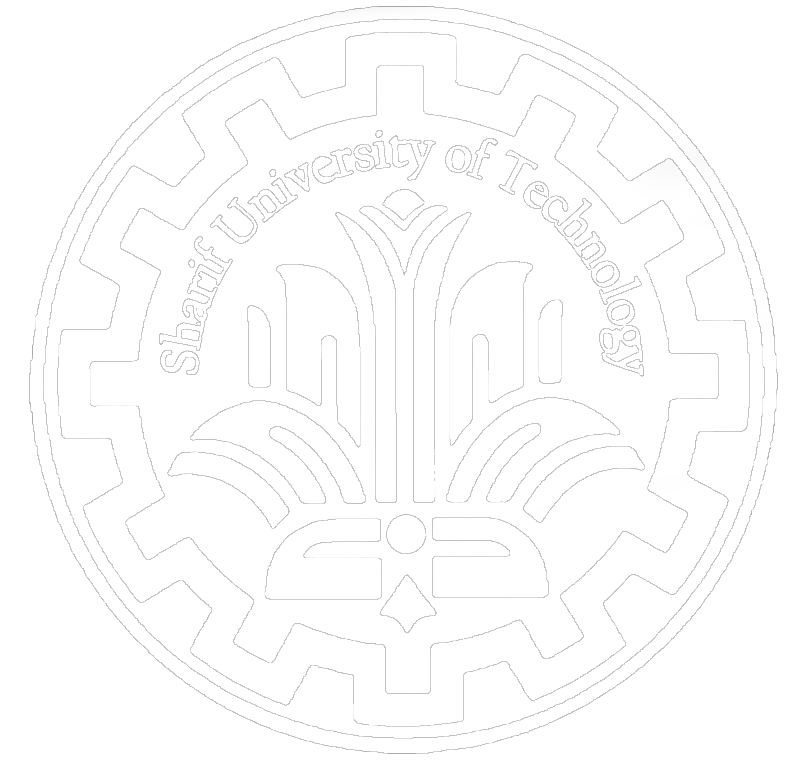According to the Communications and Information Center of the Vice-Presidency for Science, Technology, and Knowledge-Based Economy, Reza Asadi-Fard, the Deputy for Development of Knowledge-Based Companies at the Vice-Presidency for Science, highlighted in the first event of the National Network of R&D Managers that over a decade of activity in the field of knowledge-based companies, the infrastructure for technology and research development has been established, facilitating R&D efforts.
He identified the Strategic Technology Laboratory Network as part of this infrastructure, aiming to optimize the use of scientific resources in the laboratory sector, facilitate researchers' and industries' access to laboratory services, and enhance laboratory experts' technical knowledge.
According to Asadi-Fard, the Strategic Technology Laboratory Network comprises 1697 laboratories from universities, research institutes, research centers, private companies, and science and technology parks from 163 cities, sharing over 33,000 pieces of equipment and providing nearly 20 million services to students, researchers, and faculty members.
He also emphasized that due to the significant expansion of the network, regional and provincial programs are now in place, organizing smaller laboratory networks in different parts of the country to circulate laboratory knowledge and ensure that technicians learn to operate equipment proficiently. Thus, one of the benefits of membership in this laboratory network is access to operational knowledge of laboratory equipment, with regular training courses available for companies to utilize.
Furthermore, he noted that the network offers grants to professors, students, and start-up knowledge-based companies, allowing a researcher to use this benefit nationwide by presenting their national ID. For example, newly established knowledge-based companies can receive a grant of 20 million Tomans with an 80% subsidy and obtain services from any of the 1700 network members.
Asadi-Fard pointed out that 100% of the laboratory services costs are accepted within the network for tax credit purposes, enabling companies and private sectors to cover the full cost of R&D project tests through the laboratory network.
Additionally, the network has developed several platforms to support R&D projects. One such platform, Mahamax, collects samples from companies that cannot locate services and refers them to the best network laboratories, returning the results at no additional cost. Another platform, Nuta, covers the network's repair needs by providing a network of experienced repair technicians available to the member laboratories.
Companies can visit the Iran-Made Exhibition website to purchase laboratory equipment, where over 500 companies, mostly knowledge-based, showcase their products. Private companies can buy these devices with 70% leasing, paying 30% upfront and the remaining 70% in installments over two years.
The first event of the National Network of R&D Managers was organized by the Vice-Presidency for Policy and Development of the Vice-Presidency for Science, Technology, and Knowledge-Based Economy, attended by the Vice-President for Science, distinguished R&D managers, faculty members, and leading industry and academic managers. It was held on March 1st at Al-Zahra University.
